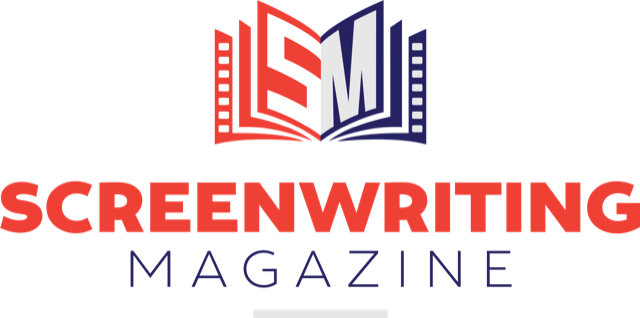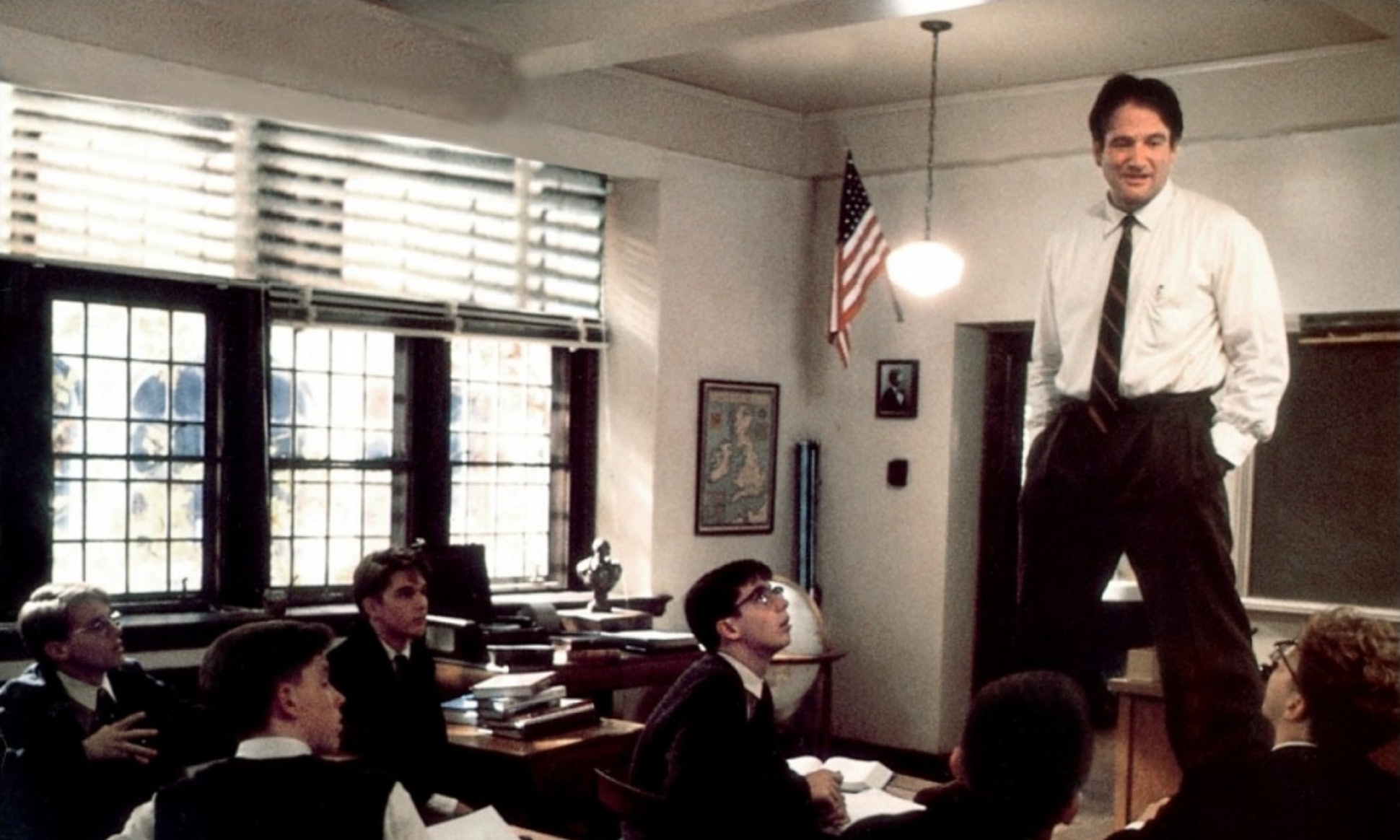One of the first things you learn as you become a writer is that there is an entire industry out there ready to take your money. A lot of these services are reputable and worth spending money on. A lot are not. Let’s go through some of the more common scams to avoid:
Agents/Managers:
Agents and managers make their money by charging you a percentage of the money you make once they get you a job. A reputable agent/manager will not ask for money up front. They might request that you spend money on editing or proofreading – most will not even do that, they usually leave those decisions up to you. If an agent or manager suggests you use a particular editorial service, consider that a red flag. If the agent/manager is suggesting a relative edit your script then you probably want to move on. If it’s not someone the agent/manager is connected to compare their service to others you can find on your own. If the price is comparable they might be worth it—but proceed with caution.
Unfortunately, you even need to watch your step with legitimate agents. There are stories about agents who hip-pocket writers in order to keep a project off the market. Hip-pocket means that they’re not signing you but they might submit your script—after you make some changes. Now, this isn’t always a bad thing but agents have been known to take a script—similar to one a client has written—and use hip-pocketing as a means to keep it off the market until they’ve sold their client’s script. Great for the clients, sucks for you. Always be wary of the hip pocket.
Here’s a link to the WGA’s list of signatory agents. If you have a problem with an agent on this list you should let the WGA know.

Tim Robins reminds us that not all producers are on our side in The Player. Photo courtesy Fine Line Features.
Producers:
Studios used to pay producers and give them what were called “housekeeping” deals where they paid the producers overhead expenses. Those deals are a thing of the past. Producers today have trouble figuring out how to get paid. Usually, they can get a fee if they bring a script into a studio and for that they need you. In the best of all worlds, this is a symbiotic relationship that goes well and everyone gets rich. But it doesn’t always work out that way.
There are a lot of people out there trying to get started as producers. That’s great. You could potentially become attached to someone who’s going to revolutionize the industry. However, you should be aware that you are building their career. Sometimes, more than they’re building yours. A wannabe producer needs to submit to more powerful entities, to do that they have to provide quality produce. They may want to submit your script because it’s well written even though they know it won’t sell for a variety of reasons (wrong time, wrong idea, too many competing scripts, etc.) All that matters to the producer is that whoever they give the script to is impressed.
Now, you might be saying ‘What’s wrong with that?’ Well, it might have been better for you to wait or rewrite. It’s entirely possible for a script to read very well and not be ready. And you can get burned by sending a script out before it’s really ready. You’re only going to be able to take that script out once.
And… a producer should never ask to own part of your script. Even if they are giving you notes. Notes should not buy a producer anything. Ideas are easy. Writing a script is hard. If someone asks for this end the relationship immediately.

Robin Williams plays the kind of teacher we all want in Dead Poets Society. Photo Courtesy Touchstone Pictures.
Classes/Coaches:
There are a lot of criteria that go into picking a screenwriting class. Cost. Access. Reputation.
Obviously, you’re going to have to be able to afford the class. So if you don’t have much money does that mean you can’t get a good class? No, it does not. There isn’t necessarily a correlation between cost and quality. And, if you’re just beginning you may not want to spend a lot of money on a class you’re not quite ready for. A reasonably priced on-line class or extension class is not a bad place to start.
Access is important. You have to be able to get to the class. There may not be any schools nearby. In that case, online classes are your best option. Once you feel that you’ve exhausted what you can learn online you may need to think about relocating. But in the meantime, you can learn a lot from online classes, including whether writing is for you.
Reputation is a factor in choosing a class. A lot of programs are focused on instructors who have film credits. That’s never a negative but don’t rule out instructors because they don’t have credits. You need to learn to write your script before you learn to sell it. And that’s really the only difference between an instructor who’s trained in screenwriting and one who’s sold a script. Of course, the best way to choose a class or coach is to get recommendations from other students. They will tell you whether a program or teacher is worth it.
One thing to remember about classes: I’ve taken a lot of classes where the instructor said things that were amazing and blew my mind, I’ve also taken classes that where the instructor said things I don’t agree with. You can learn a lot from a mediocre class just like you can learn a lot from a bad movie. The attitude you bring to the class is often as important as the class itself.
Editors/Proofreaders:
For screenwriting, you don’t always need a professional editor and/or proofreaders. If you have smart friends you can get by without them. However, if you know you have challenges you should consider in investing in these services. If English is your second language that should not pose a problem in Hollywood unless a reader can tell that from your script. If you have grammar problems or spelling issues that are too overwhelming for your friends to help you with then you do need an editor or at the very least a good proofreader.
When you’re looking for an editor/proofreader, look for someone with experience working with screenplays. Again, ask around and see if your friends have any suggestions. Compare editors/proofreaders whenever possible and try to find one who fits you. You want to make sure that your editor/proofreader is experienced and professional. Fees are negotiable and you should pay part up front and part upon completion.
Coverage:
You don’t need to pay for coverage. I used to have a friend who worked in development and he would get me coverage on my scripts for free. It was an interesting and valuable experience. But, I could have gotten the same feedback from a good critique group. So, if you’re thinking of getting buying coverage the first thing you have to do is ask why you aren’t in a writer’s group. And then try to get yourself into one. If coverage is your only option for feedback, don’t pay very much for it and try to find out as much about the reader as possible.
Here’s a link to the Facebook page Writer Beware for Screenwriters. There’s a lot I haven’t covered here which you’ll find there.
So, here are the general rules: Ask other writers about their experiences. Compare vendors. Don’t make rash decisions. And be careful out there!




No Replies to "Proceed with Caution: How to Avoid Becoming a Victim in Hollywood"